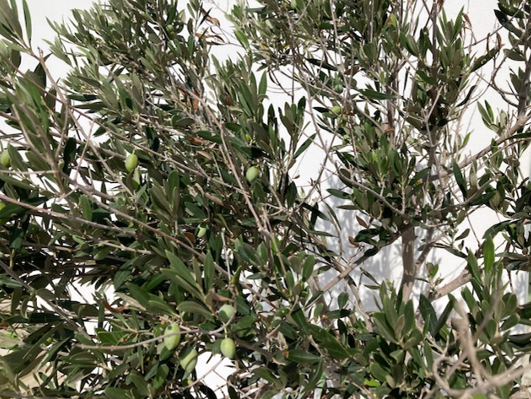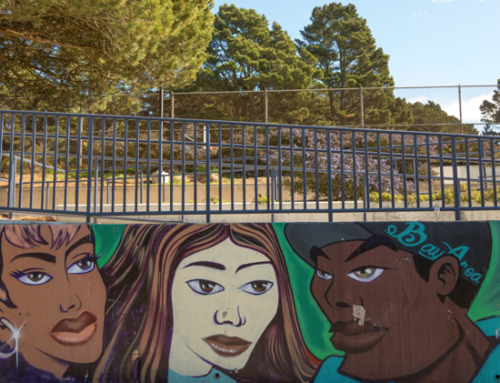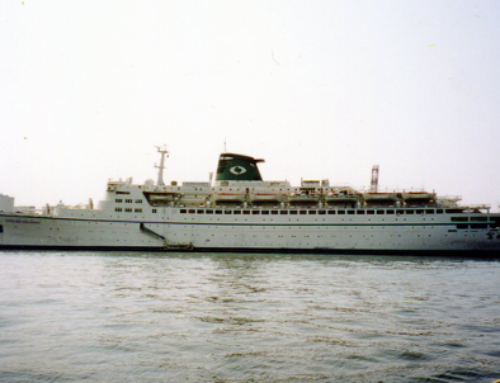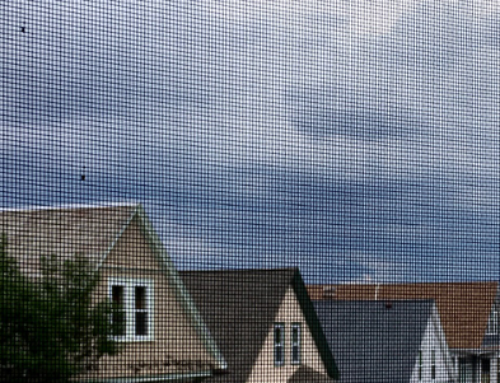Zina woke without her alarm clock.
She hadn’t set an alarm for years, now. The restfulness that came with a permanent job and human work hours offered a kind of peace she had never known before. It was the gentle rasp of a tree branch against her bedroom window that told her the sun was up and she should be too. Maybe it was the sweet chestnut tree outside her back door. Fruit-laden and just about to drop its ankle-twisting spiky spheres through a pyramid of tooth-edged leaves. It gave her an idea for the class she was preparing on history. The ways histories’ stories are told, proved, corrected, fought over, temporarily resolved, contested again.
It had long been thought that the Romans brought the sweet chestnut tree to England. Some relatively recent archaeological digging had thrown that into doubt, not from material evidence but the lack of it: no petrified chestnuts where scientists might expect them. When she learned of this, Zina considered how the story of the chestnut tree’s Roman origins in England had become, itself, “an old chestnut.” Some of her own digging had revealed this phrase –“that old chestnut”—to derive from a play performed in 1816, the Broken Sword. The story of how that idiom migrated from a line in a play to a term expressing sarcasm and dismissal “hovers somewhere between plausibility and fact and many choose to believe it,” as “The Phrase Finder” website mused. So many dynamics of physical and semiotic movement, so many layers of interpretation. And the overwhelming power of human belief. Zina wasn’t sure how heated the debates over chestnut trees and their phrases ever got, but it might be an amusing way to lure students into thinking about nationalist histories.
She could tell her students about other Roman trees and their political stories too. How the olive tree changed meaning in the course of a generation. Once cherished as a symbol of Palestinians’ steadfast presence and deep rootedness in the land that so many had fought over, that so many armies believed they had conquered, the olive tree was now a symbol of apology and resolution. As a condition of the collective declaration of the independent binational state, what had been the Israeli government contributed tens of thousands of olive trees to be distributed to Palestinian farmers in the federated country. One part of the long process of reparation and reconciliation.
There were still a few who thought the donation of trees a neo-colonial gesture. But to Zina’s mind, financial reparation for all that had been stolen and destroyed was a minimum first step to a solid future. A material basis offering the hope of security for everyone. Most Palestinian refugees agreed on this, as they did on the design of the new flag.
Zina’s mum would never have expected the thick squat tree and its silvery green leaves settled at the center of the new national emblem. Nor could she have imagined a flag that flew as a sign of open borders rather than of exclusions enforced by the circled wagons of nationalist anger. Zina thought of her mother’s wispy white hair stained orange with henna, a color Zina found both lurid and comforting, the color of women who survive to tell the tale.
But she didn’t survive. Too bad her mum couldn’t have lived to see the world that had been topsy-turvy for so long finally being righted. Too bad that all the victims of the pandemic couldn’t see the strange, slow process of waking that came after Covid-19. The global financial melt-down that stripped power from the 1%, and then the 10%, produced a lava of new thoughts that repainted the surface of the earth and the core of the people on it. New possibilities sprang up through the cracks of what dried over the old ways. What seemed like tender shoots of fantasy in the first years of rebellion were hardy, and made a clamor. They sprouted bells and hammers that rang out new symphonies and built new foundations. It woke everyone up. The New Enlightenment, as it was coming to be called, was evening things out in a way that touched every living thing. The oceans were being sifted free of the plastics that had clogged them. The delegates of the UN, all now had an equal voice and across the 207 countries that were united within it. For the young people coming up through this New Enlightenment, the idea that five countries had been given such power in what should have been called the Insecurity Council would have been laughable, had it not been the truth of their international history. A history they would record as a lesson for the future.

Her mum couldn’t have imagined a lot of Zina’s life. She couldn’t have imagined leaving the Gaza Strip, never mind the borderless travel that Zina enjoyed, hopping from conference to workshop to lecture across continents. Never a fan of air travel before (if her travel-induced cortisol levels were CO2, the melting ice shelves would already have been little more than the slush required for a few margaritas), flying was so relaxing to Zina now. With almost no turbulence above the clouds these days, the solar-powered airplanes were meditatively comfortable, free of environment-guilt.
And when she got where she was going, how much fun it was. What a delight it was to learn from Iraqi scholars talking with Colombians, from Haitian and Sudanese students in conversation with North Korean, Chinese, Pakistani, and Palestinian teachers. How pleasing to hear each of them practicing the five or six languages they had almost mastered. Since schools invited all students to learn multiple languages from nursery on up, and since everyone had someone fascinatingly different to talk to, the guardrails of linguistic difference had become much softer. The intimacy of knowing the right phrase in the right social situation—how to politely refuse food or voice an opinion with social grace—and the depth of understanding offered through reading each other’s classics and edgy theorists.
An exchange she had overheard between Aadila, her Afghani colleague, and Kwame, a speaker from the Congo came to mind. During a conference on the island of Idjwi they had been discussing The Fame of Gawa. Value could no longer come from renown, they reflected in a mix of Farsi and French. The collapse of the neoliberal world economy after the latest pandemic had upended everything. The kula shells of Facebook likes and Instagram followers were no longer the stuff of promotions. They all agreed: Nancy Munn’s old text was still useful.
At a lull in the conversation, Aadila piped up again. “You know, my supervisor told me that Nancy always brought a large digital clock to her class on Space and Time, set it in front of her, and dismissed the class at five to the hour, each and every session,” she told the others. Brows furrowed. “What a relief to not be herded so fast in and out of overstuffed classrooms, eh?” Aadila surreptitiously explained to the young ones who couldn’t understand.
“Maybe I’ll teach a new class on time and space,” Zina exited the conference and wandered on in her thoughts.
Zina regularly woke to seminar ideas rattling around her brain, a brain newly refreshed by a sabbatical year. She had used the year to read beyond her comfort zone, to learn about nature, driven by nothing other than curiosity and the happenstance of book recommendations and paperback finds. It gave her new words and metaphors, not just novel information. As the year had stretched on, her desperately uncomfortable time as an adjunct teacher receded fuzzily as a grim memory. Her energies once taken up with stewing in resentment, staving off fear and financial insecurity, were now directed by intellectual propulsion alone, opened up again to ideas for their own sake, to see where they might lead her and her students. Curiosity, creative thinking, reconsideration of the accepted: all habits of mind she could actively encourage in her students, because she and they had the time to wander and wonder. The abolition of national armies had freed up some pretty generous budgets to support teaching and learning.
Zina came back to musing on her class preparations.
“History is never really settled so long as people continue to read, think, refuse, and challenge.” Excessively earnest, maybe, but Zina still thought it an appropriately inspiring sentence with which to end her lecture. No longer mistaking the classroom for a theatre of visual entertainment, her students didn’t seem to mind earnest anymore.
Cite as: Allen, Lori. 2020. “Academic Freedom of the Future.” In “Post-Covid Fantasies,” Catherine Besteman, Heath Cabot, and Barak Kalir, editors, American Ethnologist website, 19 October 2020, [https://americanethnologist.org/panel/pages/features/pandemic-diaries/post-covid-fantasies/academic-freedom-of-the-future/edit]
Lori Allen is a Reader in Anthropology at SOAS.




